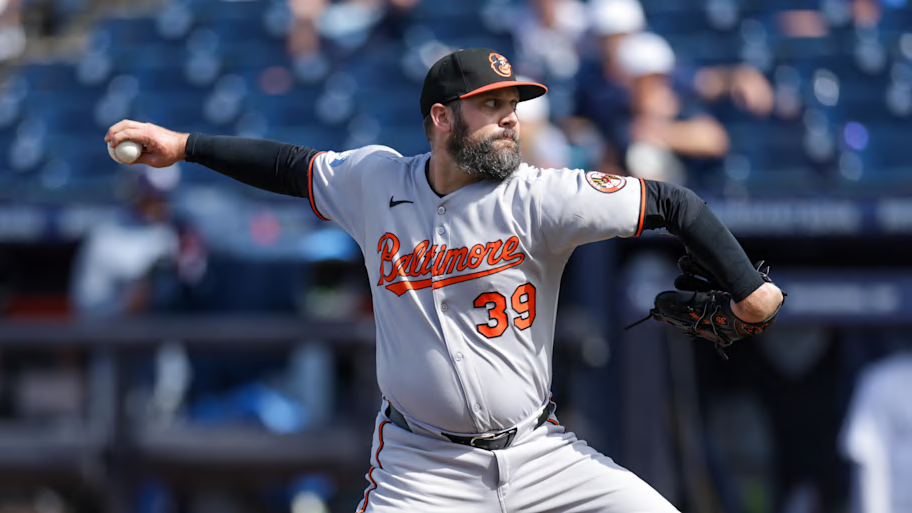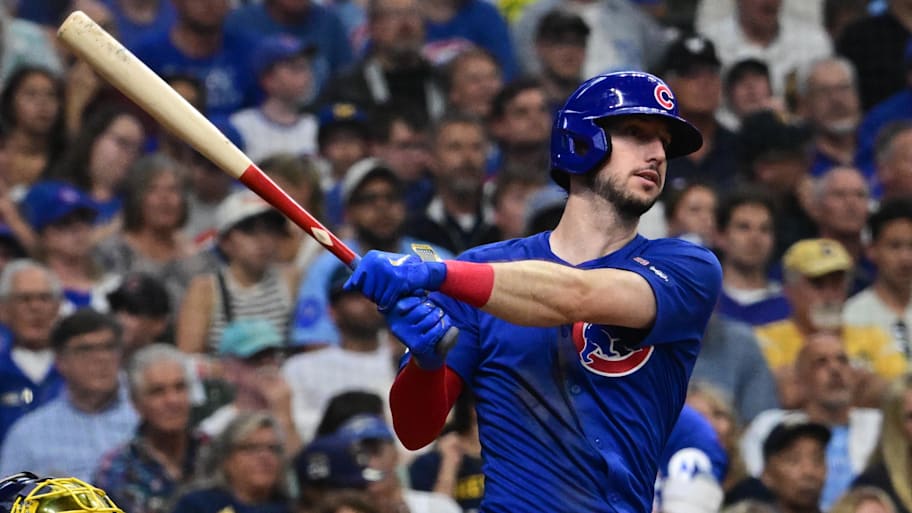With the trade deadline wrapping up, the Chicago Cubs should be pretty much set for the second half of the season, barring any surprises.

The team have been able to establish themselves as one of the best teams in the league, but their performance at the deadline might have been a bit lackluster.
Chicago made four notable additions leading up to the start of August, trading for Willi Castro, Taylor Rogers, Andrew Kittredge, and Michael Soroka. While adding four players provides the team with a lot of depth, the moves weren’t the type of needle movers that a team like the Cubs was figured to make.

With the race for the National League Central being extremely close, there is no guarantee that Chicago is going to be able to win the division. Furthermore, some better upgrades should have likely been made.
David Schoenfield of ESPN recently wrote about some of the winners and losers from the trade deadline, and the Cubs were unfortunately on the wrong side of the coin.
“No Eugenio Suarez. No impact starting pitcher like Merrill Kelly. None of the impact relievers who exchanged teams. The Cubs have a pretty good farm system, so they had the resources to make a trade for one of those players but erred on the side of caution.”
When looking at some of the names that were dealt, Eugenio Suarez, Merrill Kelly, and David Bednar, to name a few would have been great. These were all names that Chicago was linked to and would have helped improve the team.
The elephant in the Cubs locker room
The big elephant in the room is the looming contract status of star outfielder Kyle Tucker. With the All-Star being in the final year of his deal, there is no guarantee that he will be returning in 2026.

Considering the amount of success that they have had in this campaign and that looming decision, getting aggressive to not only try to win this season with Tucker, but to show the star a willingness to get aggressive would have made a lot of sense.
While by no means were the additions that they made bad ones. Chicago certainly improved, bringing in four new faces, but it might not have been enough.
The starting rotation is going to be a major question mark in a potential postseason series, with most potential NL opponents having the edge in any potential pitching matchup. Soroka might be able to continue what he has been able to do of late, but that is a risk. Adding a veteran like Kelly would have been ideal among the starters who were moved at the deadline.
Overall, it does feel like Chicago missed opportunities and was a loser and not a winner at the deadline.
-1750044505-q80.webp)
-1750751915-q80.webp)
-1749718913-q80.webp)
